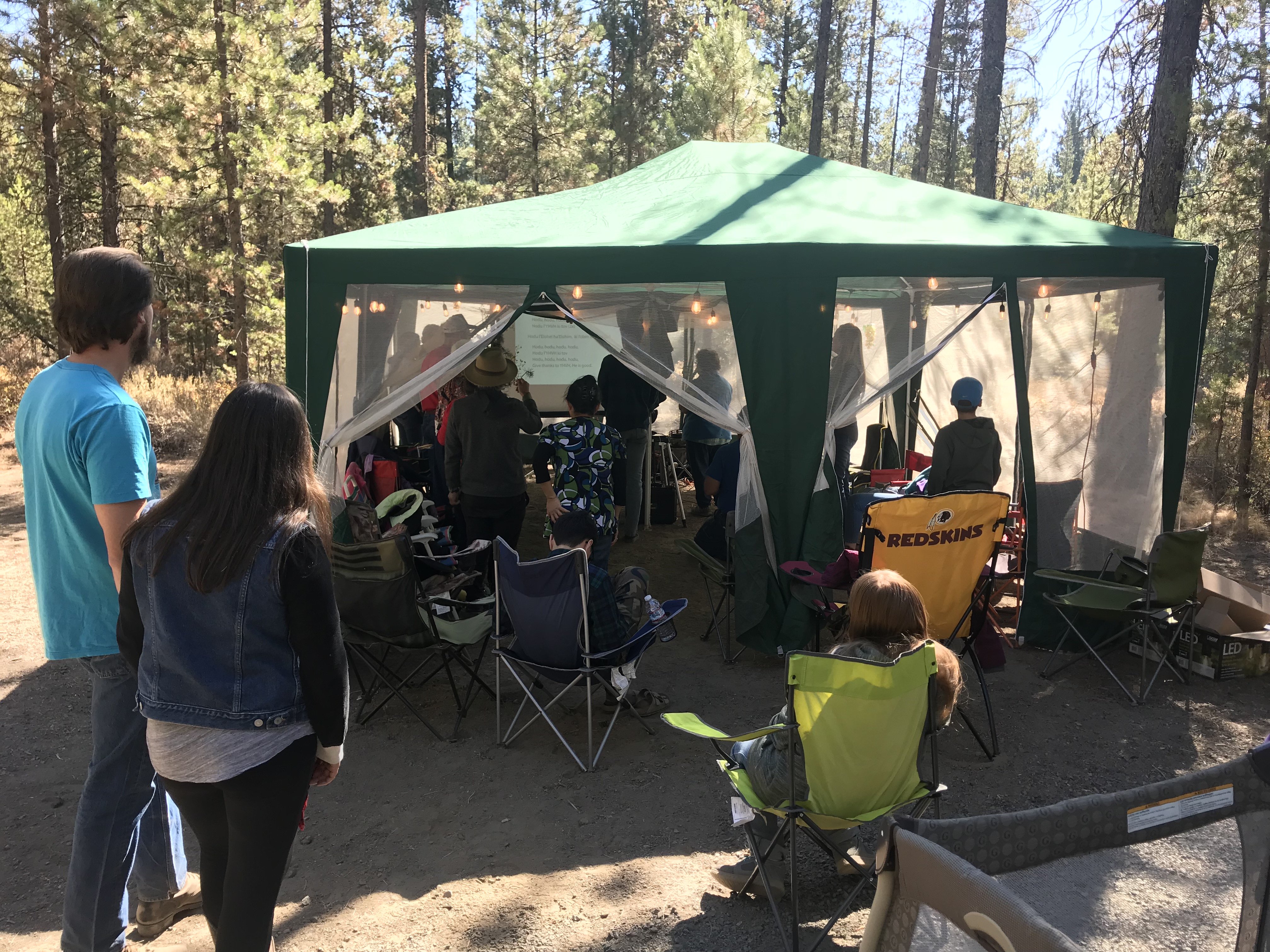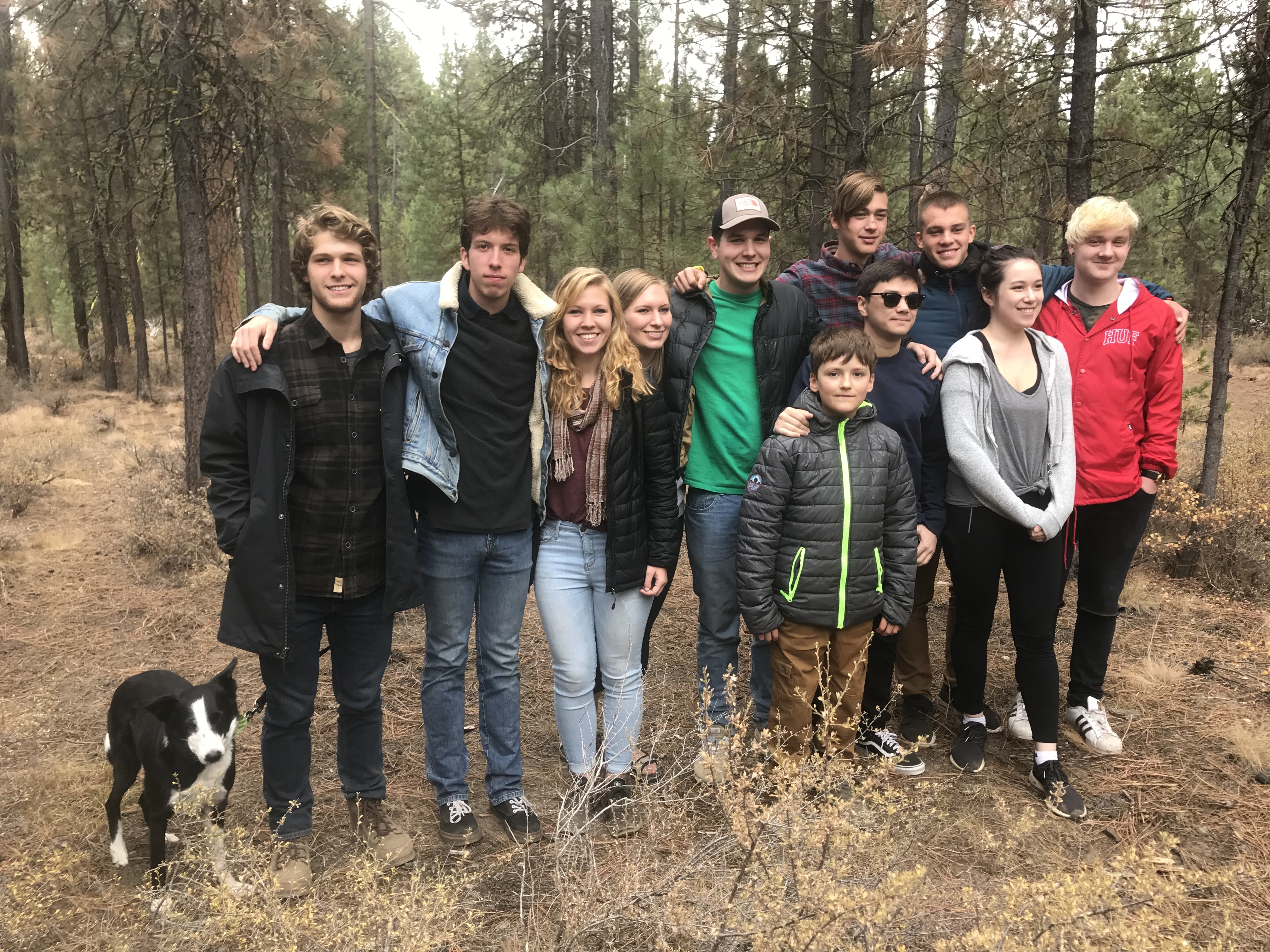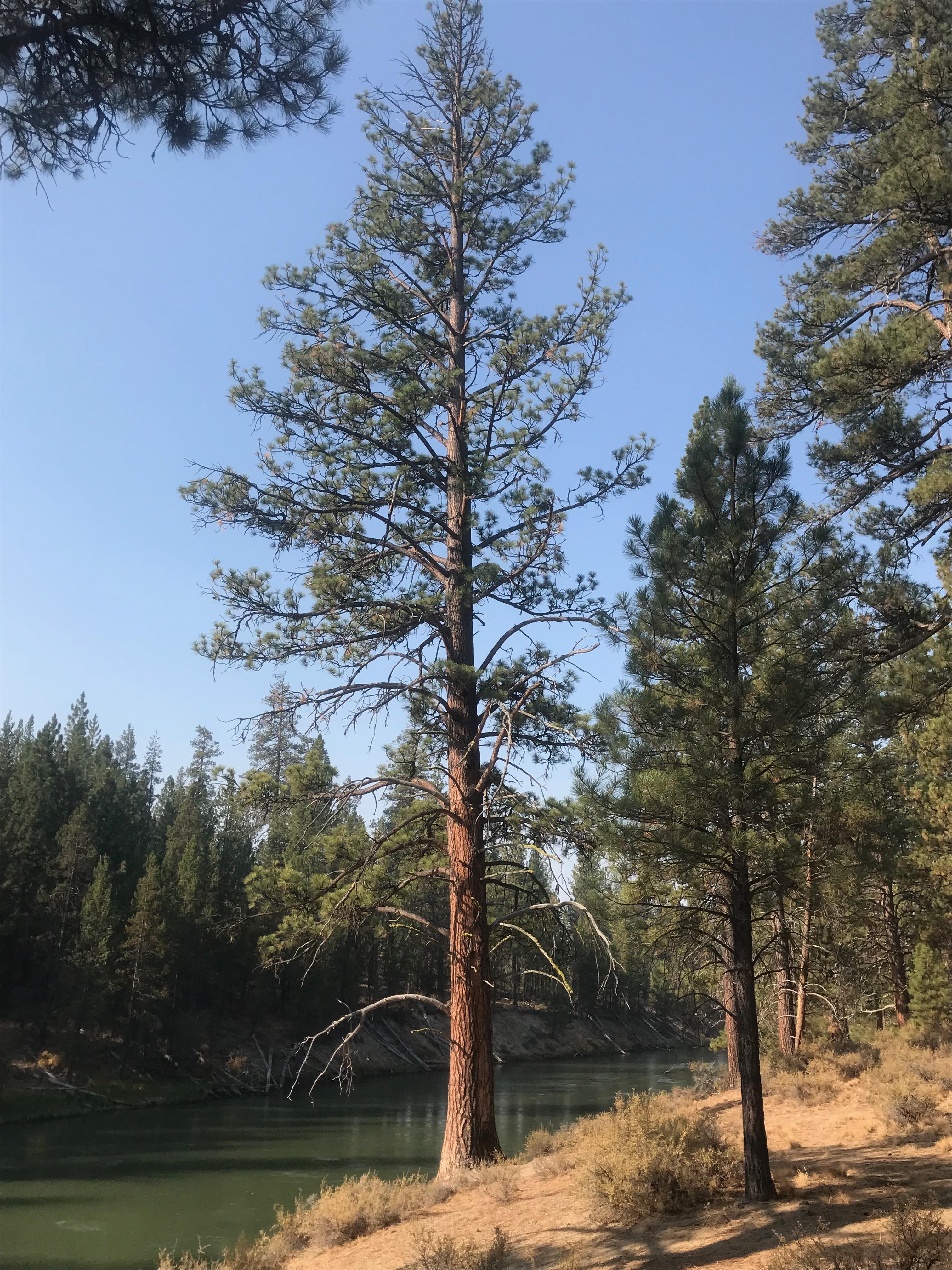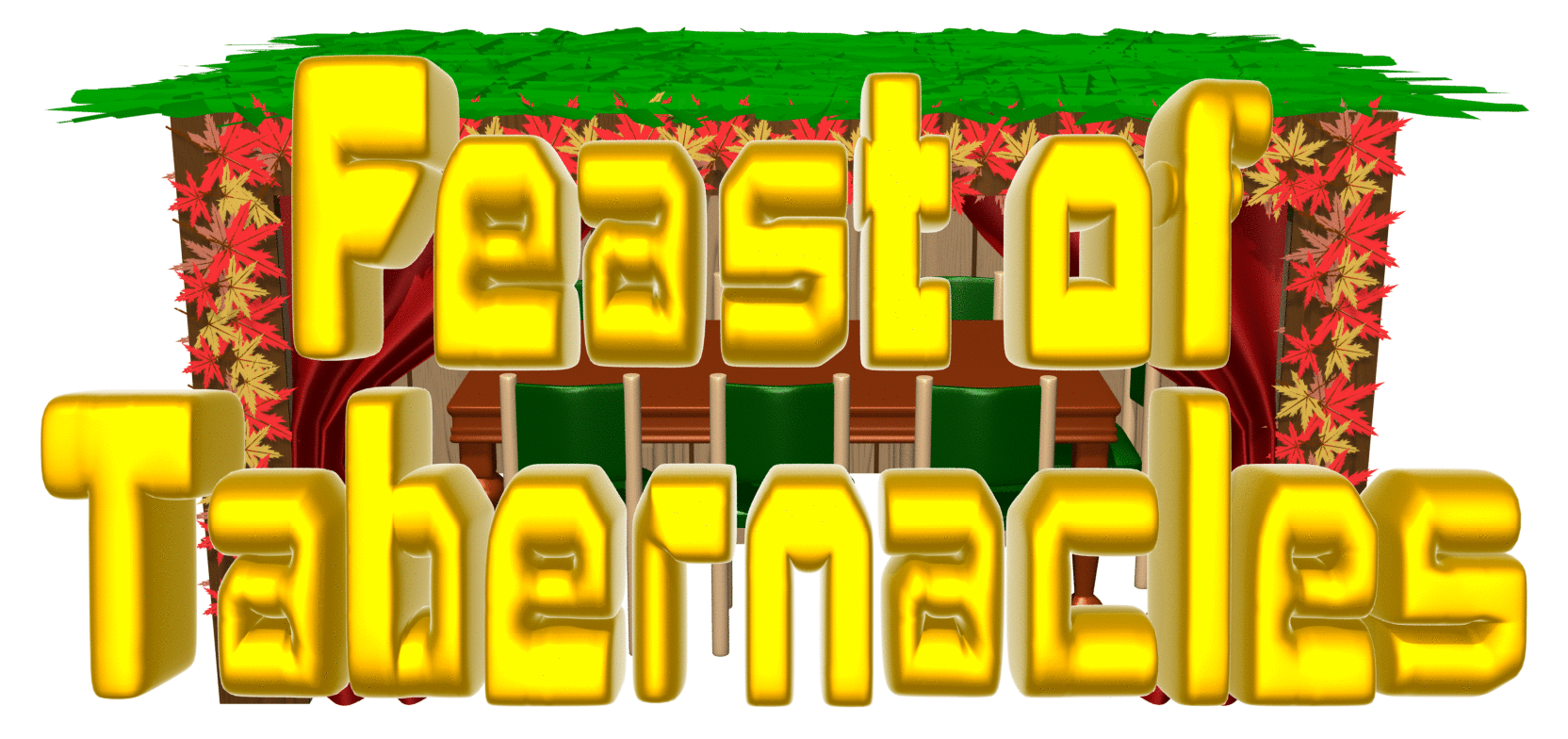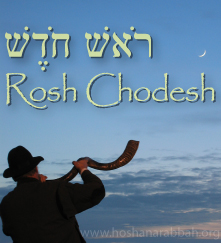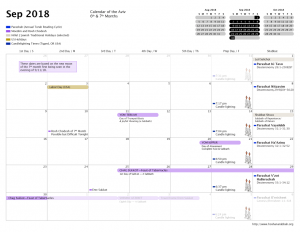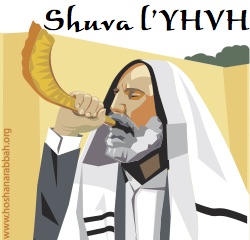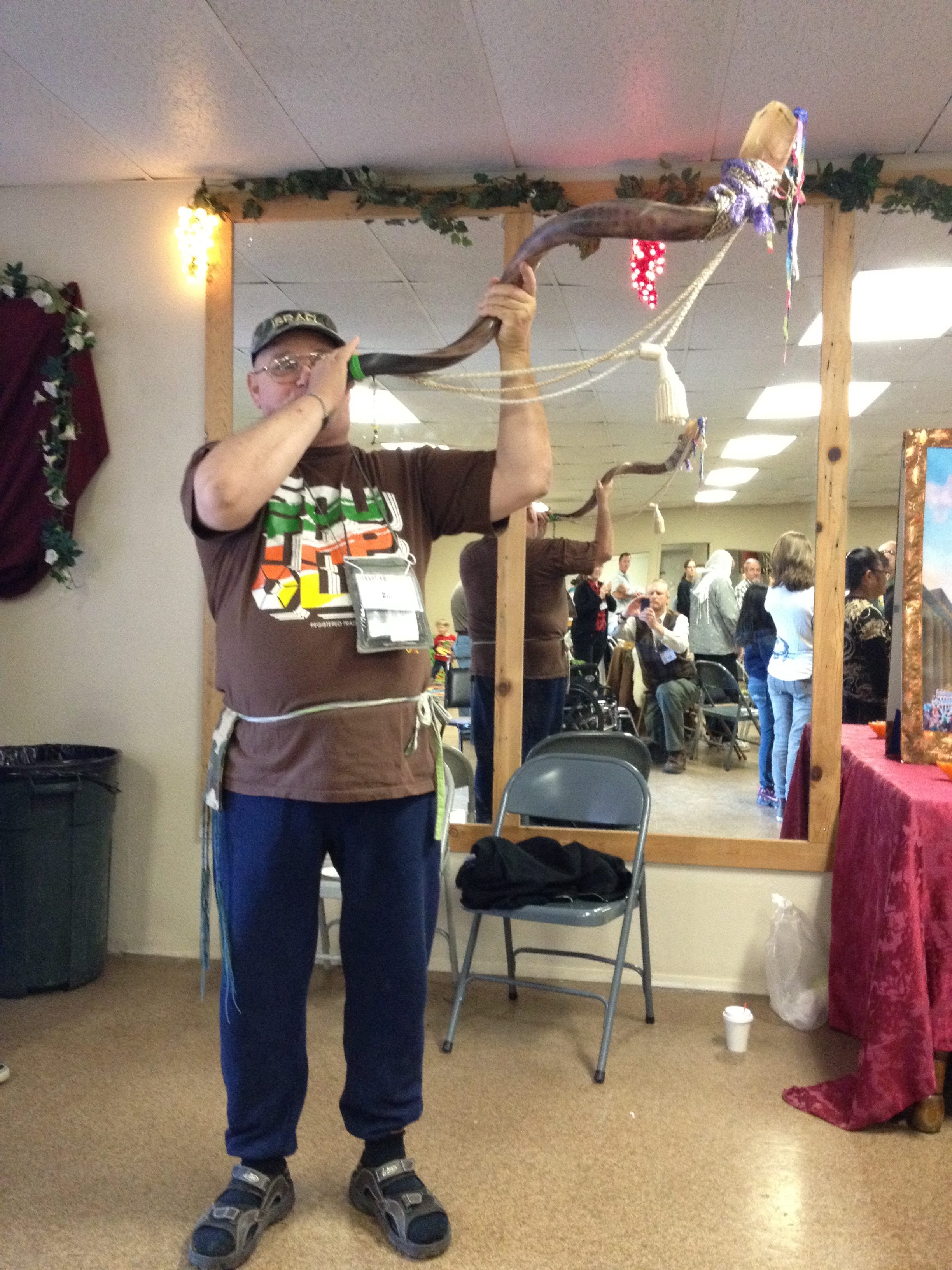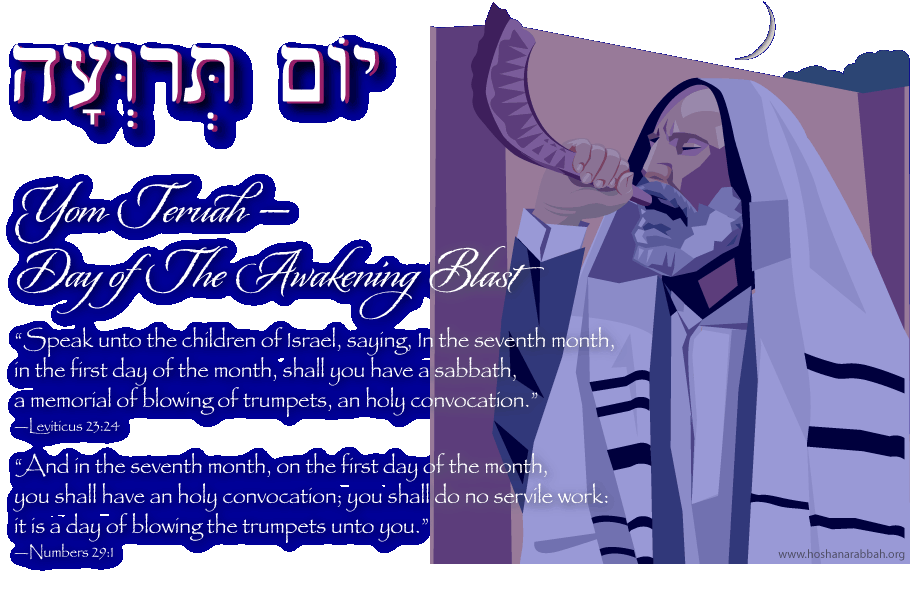We’ve just returned from our private Sukkot/Feast of Tabernacles celebration in the high desert of central Oregon at the base of the high Cascade Mountains. This was my 50 somethingith Sukkot, and it was uniquely refreshing.
I’ve been wanting to do a Sukkot like this for years! I’ve been to big Sukkot celebrations with thousands of people in stadiums and small ones with just a few people in a living room. I’ve done Sukkots on two continents and in three countries. From 2002 to 2016, my wife and I hosted a regional Sukkot gathering that was open to the public and where people came from multiple states and Canada. We’ve done the guest speaker thing with programs like a conference and fun activities. Not against this, but this year, we wanted to go deeper and higher spiritually. We succeeded in this, or at least we made a few steps in that direction, and I praise Yah for that! I’m not going to exaggerate. We still have a long way to go. Seeking and discovering YHVH at deeper levels is a lifelong pursuit because of who he is; we’ll never arrive at the end of it in this life or ever.
So what did we do? Simply this. My wife and I told our local congregation and a few friends where the Lawrence family would be camping and that they’d be welcome to join us if they wanted. There were no big name speakers, no programs, no special activities, no fancy decorations and pageantry. Just the raw beauty of the great outdoors—YHVH’s creation to inspire us. Everyone was responsible for making their own arrangements. We simply set up a couple of 12 by 17 foot screen room tents on a campsite in a state campground and left it at that. I promised to do a few teachings, and we had three guitarists and a couple of hand drummers to lead our praise and worship. We told them it would be the most rustic and Spirit-led Sukkot they’d ever experienced. They came and it was!
More than 25 people followed us out of “Babylon” and into the wilderness for the eight days, and another 10 to 15 joined us for the weekend from three states and Canada. One family drove 1,730 miles from northern British Columbia, Canada to have their son baptized and another came 1,230 miles from Nebraska. Amazing!
As the only Bible teacher there, I had been preparing myself spiritually for nearly nine months for this occasions through much Bible study, listening-prayer and meditation. I wanted to be a vessel in the Father’s hands to bring fresh spiritual manna for the people and not just more knowledge that swells the head but leaves the spirit in man shriveled and immature. There’s too much of that going on out there already!
My teachings focused on each person developing their personal spirit, so that they can connect better to YHVH through the Ruach or Spirit of Elohim and survive and thrive in the end times assault against biblical truth. This is what I did nearly every day: I would give a short lecture/teaching to lay a scriptural foundation, and then would give the “students” an assignment that they had to do alone out in nature. The nature part was easy, since we were in the middle of a pine and sage brush forest a few steps from one of Oregon’s most wild and scenic rivers.
The activities were designed to help people go deeper and higher with Elohim by tuning into their personal spirit (as opposed to their soul man [i.e. their mind, will and emotions]), and learning to separate between the two (Heb 4:12). Man is a tripartite being (1 Thess 5:23), and Yeshua declared that we have to worship Elohim not just in truth or head knowledge, but also in spirit (John 4:23–24). We learn elsewhere that our personal spirit or conscience is the lamp of YHVH’s Set-Apart Spirit in each of us (e.g. Prov 20:27; Ps 18:28; Rom 8:16; Job 29:3). With these things in mind, I gave each person assignments to help develop their personal spirit and tune into Elohim through nature. Sometimes it helps to get away from the things of man and surround yourself with Elohim’s creation—all of which points to him—in order to hear his voice in your spirit man.
Our first assignment involved spiritual catharsis and reconciliation. I asked each person to allow the Ruach to convict them of a sin or two, and then go to a person they had wronged (especially a family member) and repent, be accountable and ask for help in overcoming that sin. Healing in personal relationships occurred. This has to happen before we can go deeper and higher with Elohim.
After that, we took various nature walks where we learned to hear Yah’s voice better, to hear prophetic words, to write psalms, to let nature speak to us of the glories of Elohim. Each person journaled what they heard and then, if they were comfortable to do so, shared what they received from above with the congregation to encourage and inspire others. We did theme and variation on this nearly every day for eight days.
Beyond that, we fellowshipped around the campfire, had an erev Shabbat dinner, and some of us took a hike to the 6,600 foot level to some high mountain lakes at the base of some 10,000 plus foot mountains. Some of us also mountain biked, went to Crater Lake National Park, visited hot springs and other local geological features and, of course, shopped in town.
One of the most exciting things was the willing and eager participation of about a dozen of our precious young people in their teens and early twenties. They helped with the praise and worship, gave testimonies, wrote psalms, and received prophetic words from YHVH. One young teen was baptized in the river, and received the baptism of the Spirit all at the same time. The rain stopped, the clouds parted and when he came out of the water, the sunshine shone directly on him as an answer to his prayer and confirmation of a prophetic word that was given. Yah made his face to shine on young Nathanael that day. To be sure, heaven is smiling to see the next generation picking up the spiritual torch!
Here are several pictures. Stay tuned for more to follow.

